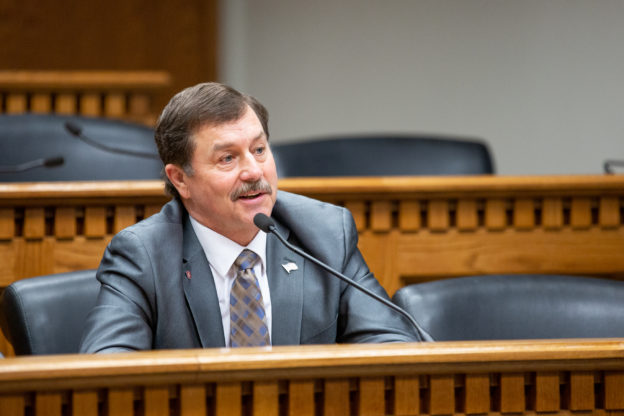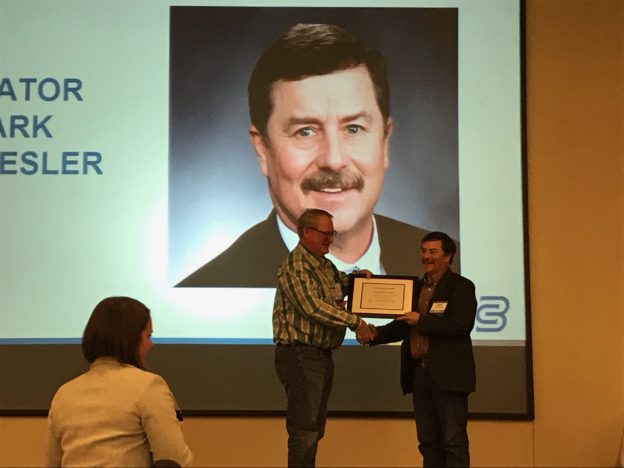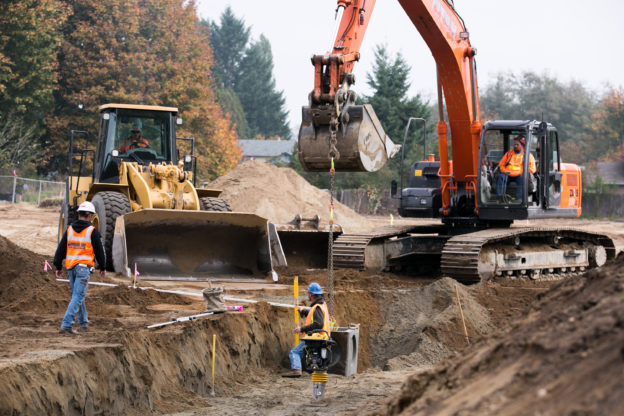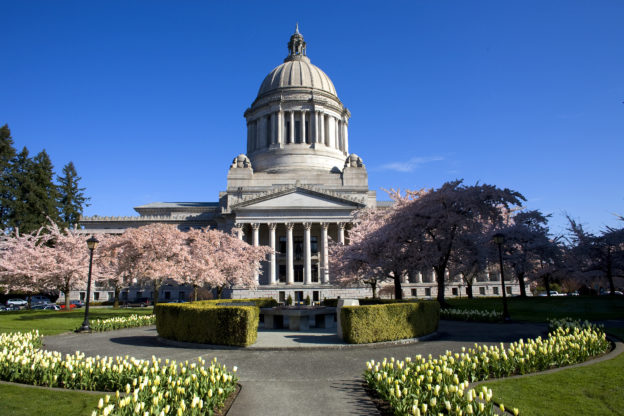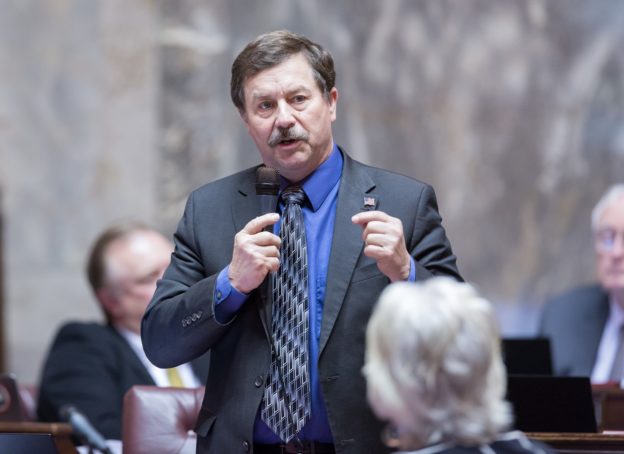Senate Republican Leader Mark Schoesler blasted the Senate’s
approval tonight of a bill
that would raise fuel costs through a higher tax on one of the state’s leading
industries and be particularly hard on rural Washington.
Substitute
Senate Bill 5993 was passed virtually along party lines, 27-22. It now goes
to the House for consideration.
During his floor speech opposing the bill, Schoesler,
R-Ritzville, said he was voting against a war on rural Washington, higher taxes
and oil refineries, an industry that provides family-wage jobs to many workers.
“This increase in the hazardous-substance tax is just the
first of several massive tax increases planned by the Senate majority, even
though the proponents say it’s ‘only’ $133 million in new taxes. Only $133
million,” said Schoesler. “It’s a continuation of the war on rural Washington.
These refineries are primarily located in rural areas, with salaries that
nothing else in those areas will match. The people who use heating oil don’t
live in hip urban neighborhoods. They tend to live in small towns that you and
many others have never heard of. They drive their cars long distances. They
will be punished. Agriculture will be punished. This is part of a war on rural
Washington that needs to stop.”
Schoesler said the bill
would pull $475 million out of the state economy over the next two years, with
little of this additional money going to toxic cleanups.
“It will hurt high-wage, blue-collar jobs in the oil
industry, which in turn will have a ripple effect on local economies,” said
Schoesler. “This proposal will result in higher fuel prices, which will
especially hurt commuters and those who have to drive long distances. It will
be like another gas tax on drivers without any benefit to roads. And it
basically will allow the hazardous-substance tax to be indexed for inflation by
growing upward. It’s just another way to squeeze more tax money out of
Washingtonians under the guise of trying to clean up toxic
substances.”
Of the $475 million in tax revenue on petroleum products
that would be generated under SSB 5993 for the 2019-21 biennium, only $106
million – or 25 percent – would go to the state capital budget for toxic
cleanup. Meanwhile, $255 million would go to the state operating budget.
Of the revenue collected from the tax on petroleum products, only 15 percent
would be devoted to stormwater-cleanup programs.
“In a session full of terrible bills passed by the
Democratic majority in the Senate, this one is among the worst,” said Schoesler.
“This bill offers a false promise. It is less about actually helping with toxic
cleanups and more about pumping more money into the state’s operating and
transportation budgets. It’s a step backward for actually cleaning up
toxic sites in Washington.”
Republicans introduced several amendments to soften the
proposal’s negative impacts, but majority Democrats defeated all of them. One amendment,
offered by 42nd District Sen. Doug Ericksen, R-Ferndale, would have removed the
annual inflationary growth factor from the tax rate.
Another amendment,
sponsored by 13th District Sen. Judy Warnick, R-Moses Lake, sought to preserve
an exemption for crop protection products, many of which are stored in Franklin
County. Schoesler was especially disappointed by its defeat. “By rejecting that
amendment, the majority eliminated a very useful and friendly exemption that
served Franklin County and producers with safe crop production products across
the state.”
The state model toxics control program is administered by
the state Department of Ecology to ensure that most sites where hazardous
substances were released are cleaned up. MCTA is funded by the
hazardous-substance tax. About 95 percent of the revenue comes from the HST on
petroleum products.











